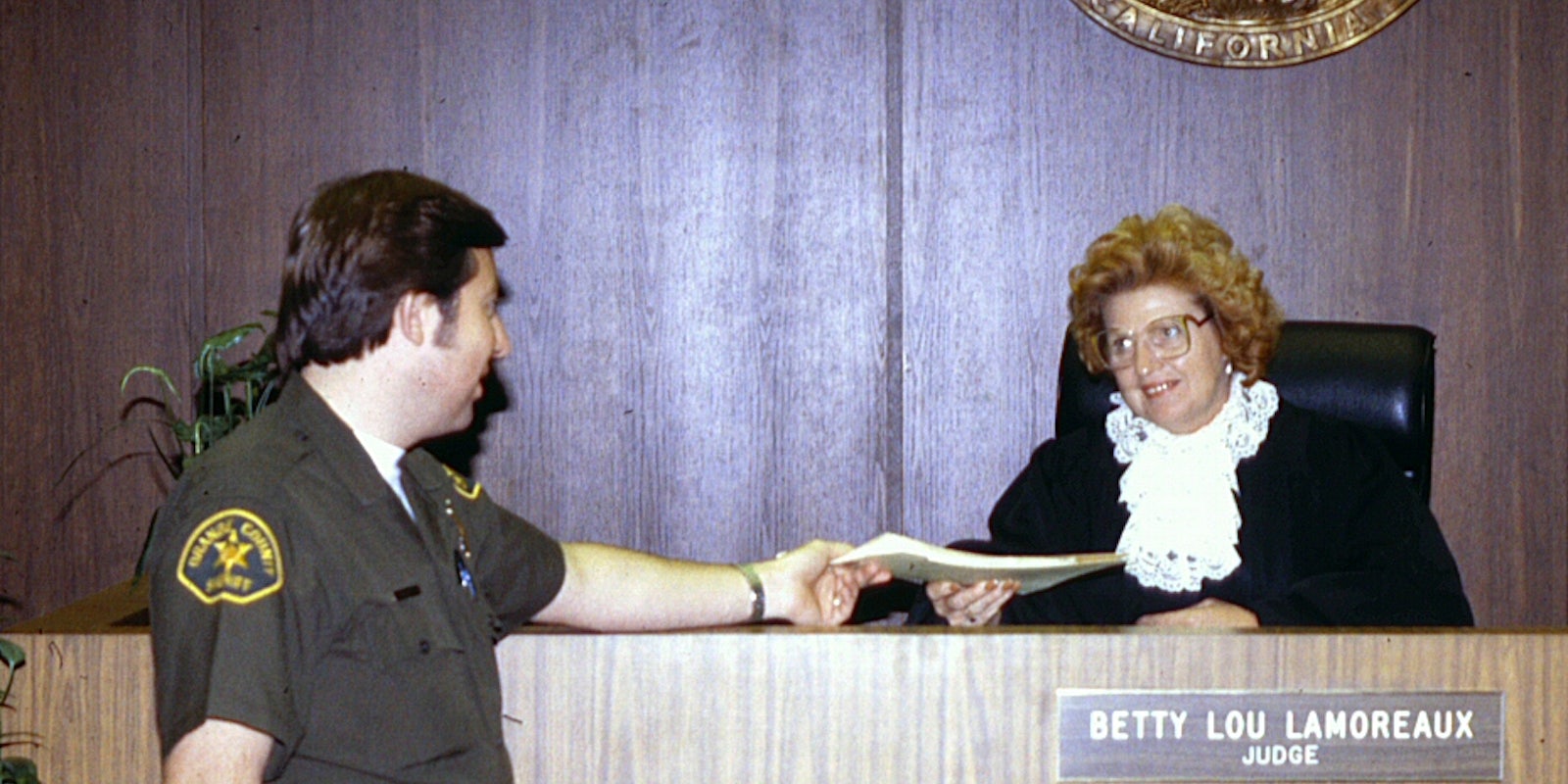A magistrate has ordered a Cincinnati man to apologize to his wife in the same public arena he slandered her: on Facebook.
The man, Mark Edward Byron, was placed under a temporary restraining order in June after being accused of domestic violence. In addition to refraining from physical or mental abuse, he was instructed to never cause her “harassment” or “annoyance.”
However, according to court documents, Byron nevertheless posted material about his wife, Elizabeth Byron, on Facebook:
“if you are an evil, vindictive woman who wants to ruin you husband’s life and take your son’s father away from him completely–all you need to do is say that you’re scared of your husband or domestic partner and they’ll take him away!”
Byron claimed he had only seen his son once in a four-month period. However, the court found, Byron had twice-weekly visitation rights that he simply never exercised. “If he was seeing his son less frequently,” it wrote, “that decision was made by Husband and Husband alone.”
The court document also includes some blacked-out jabs Byron’s Facebook friends made about her on his page, including “Hey ******, I’m serious!,” “**** that *****” and “What an evil *****.”
The judge found Byron in contempt of his restraining order, charged him with 60 days in jail, and ordered him to pay his wife $1,156.25. The judge agreed to waive this punishment, however, if he agreed to post a long, pre-written apology on Facebook every day for 30 days.
“I hereby apologize to Elizabeth for casting her in an unfavorable light by suggesting that she withheld [my son] from me,” it reads in part. “That decision was mine and mine alone. …
“I further apologize to all my Facebook Friends for attempting to mislead them into thinking Elizabeth was in any manner preventing me from spending time with [my son], which caused several of my Facebook Friends to respond with angry, venomous, and inflammatory comments of their own.”
In addition, the judge ruled, Byron was not allowed to delete his account or unfriend anyone who might have seen his earlier comments.
Correction: An earlier version of this story credited the blacked-out sections of the court document to Byron instead of his Facebook friends. We regret the error.
Photo by Orange County Archives


